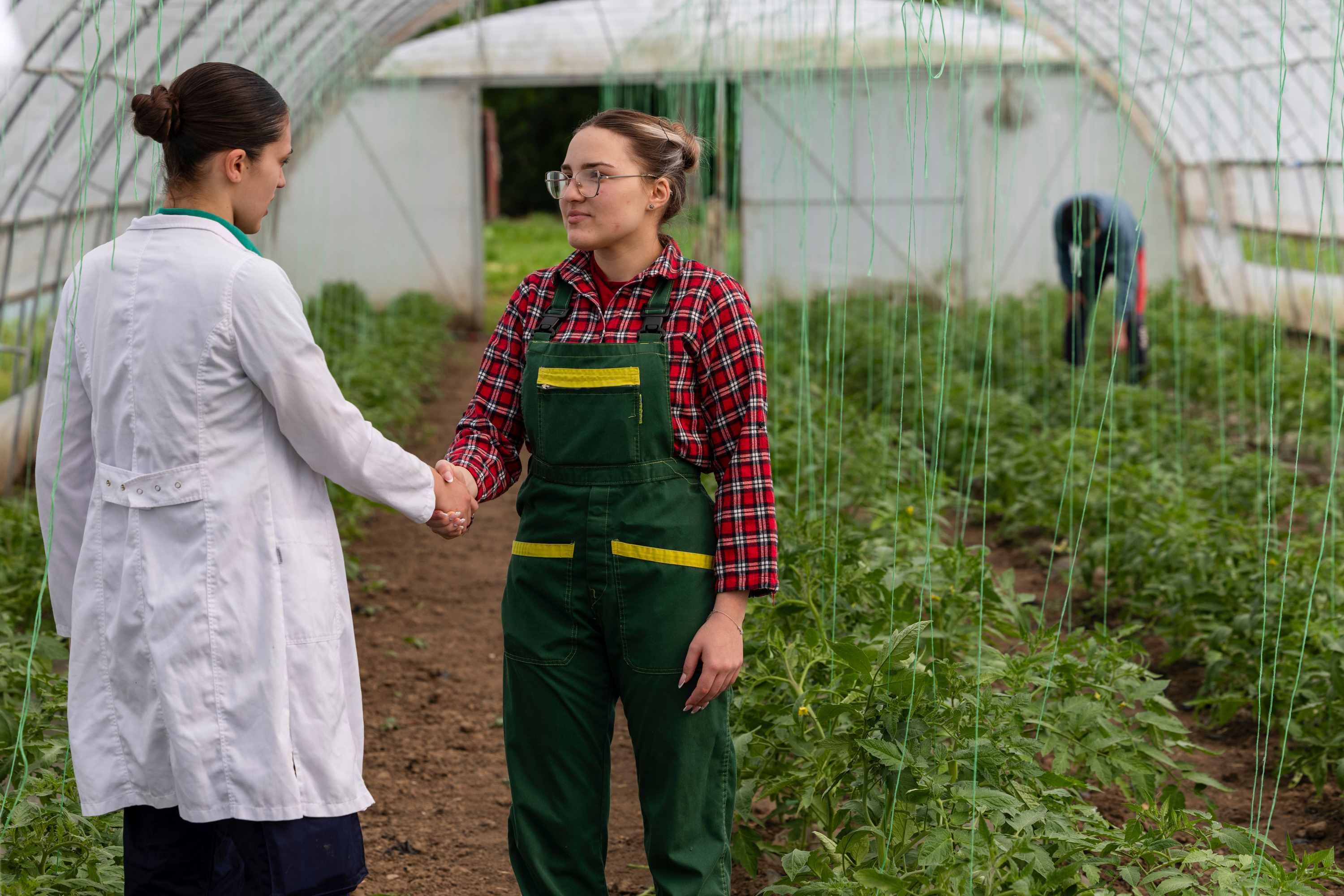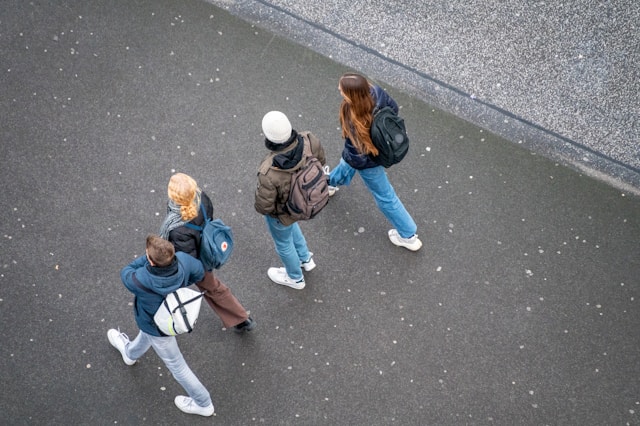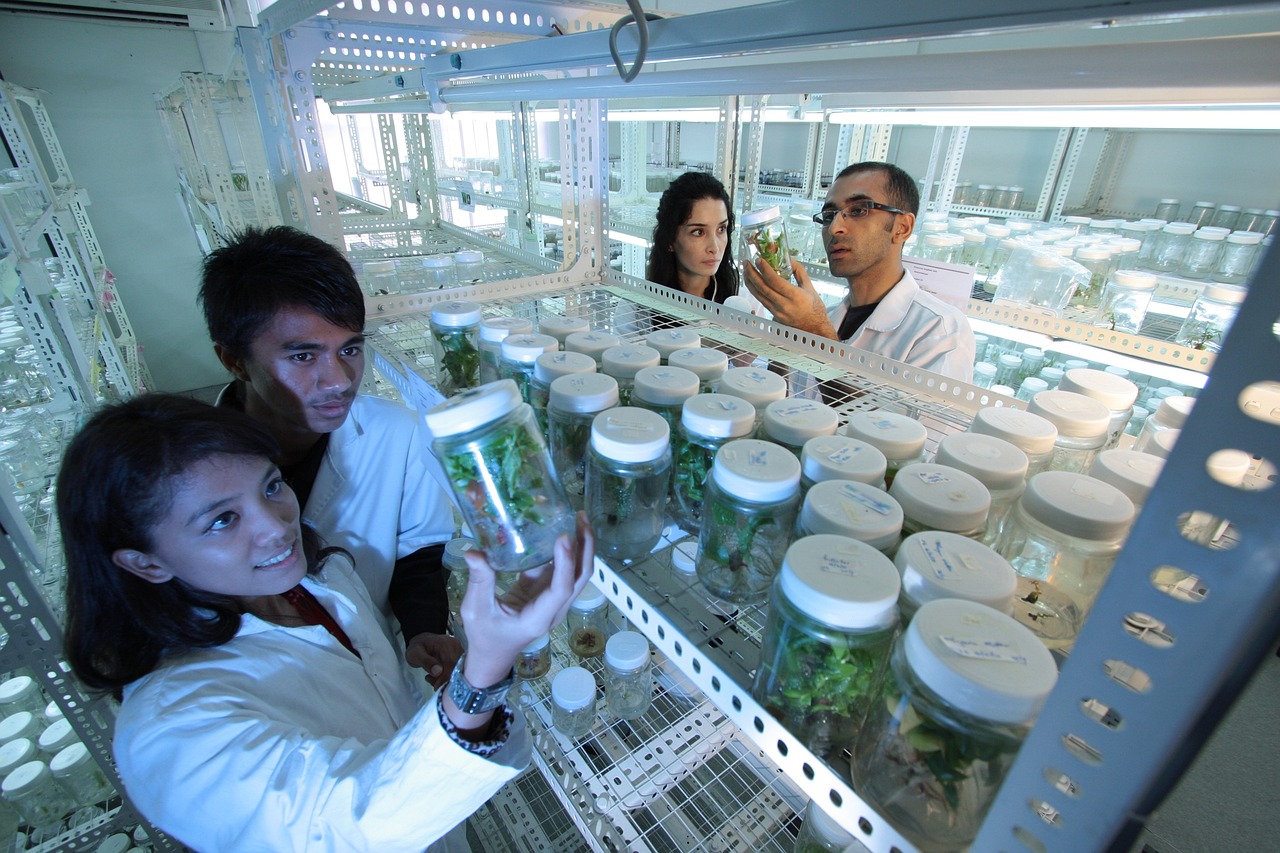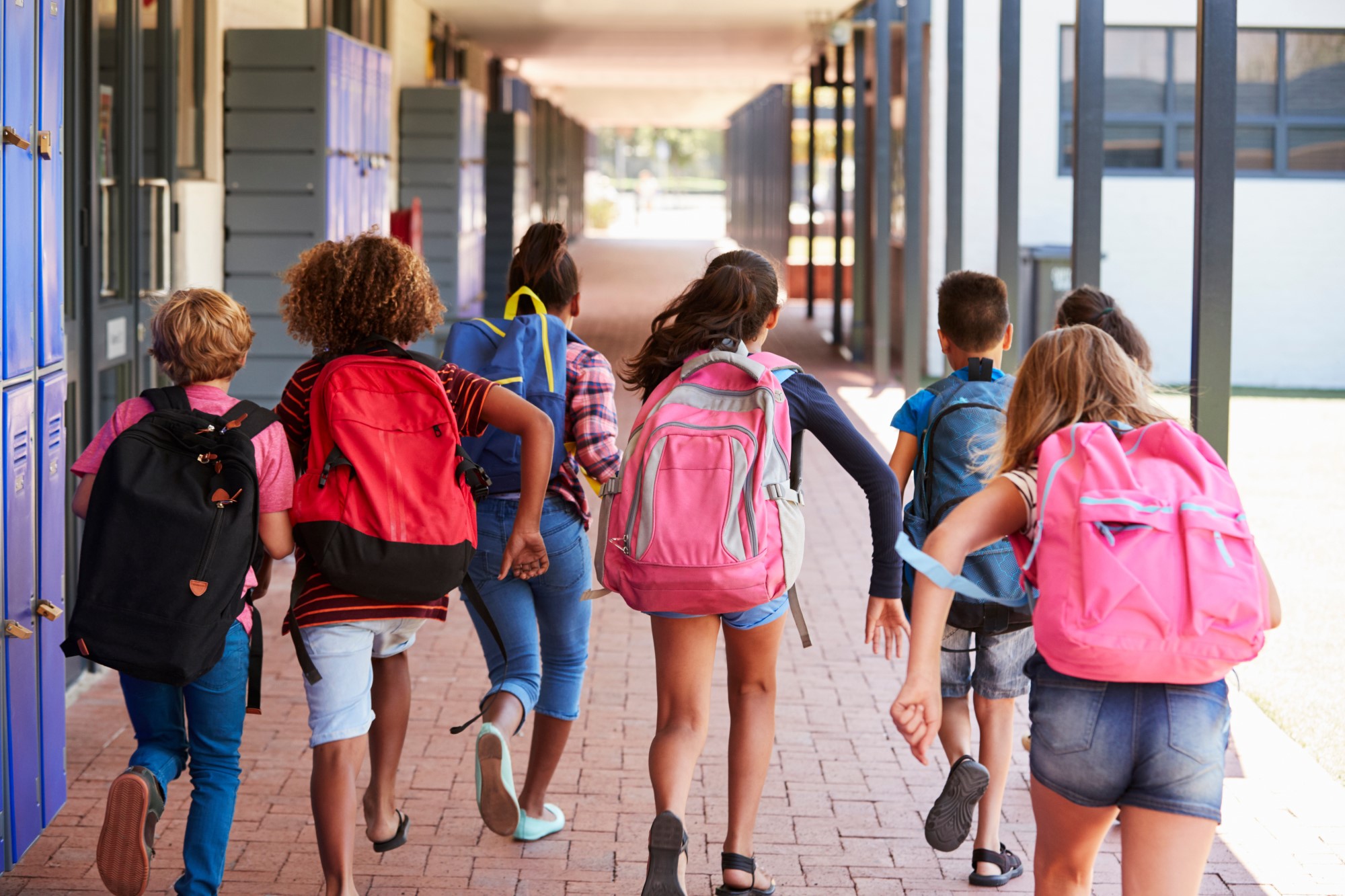The Spanish population trusts science, but demands more communication and citizen engagement, according to FECYT's survey on social perception
Spanish citizens trust science and researchers, and want them to be more involved in the issues that affect people's lives. Television and social media are the most commonly used channels for obtaining information on these topics. 81.4% recognise that climate change is a serious problem and, with regard to AI, although more than 80% use it, there is concern about its risks and governance. These figures come from the latest edition of the FECYT's biennial Social Perception of Science and Technology Survey (EPSCT) 2024.









